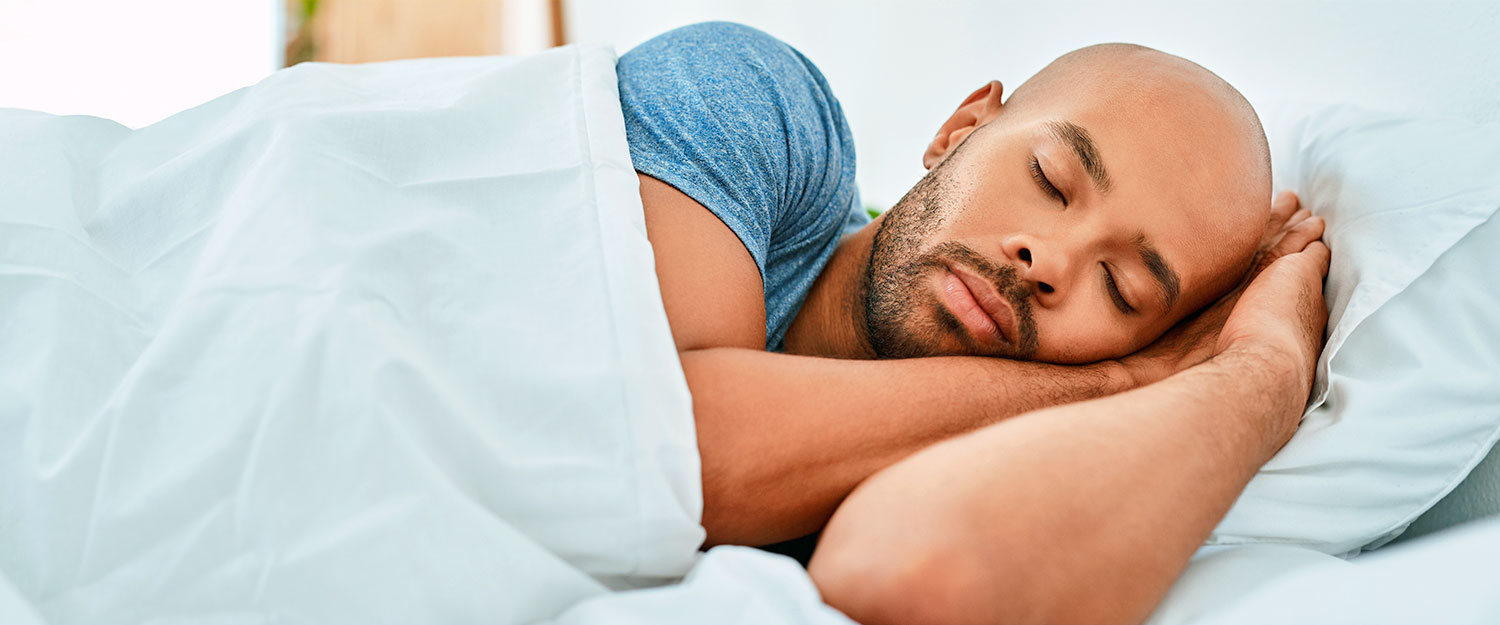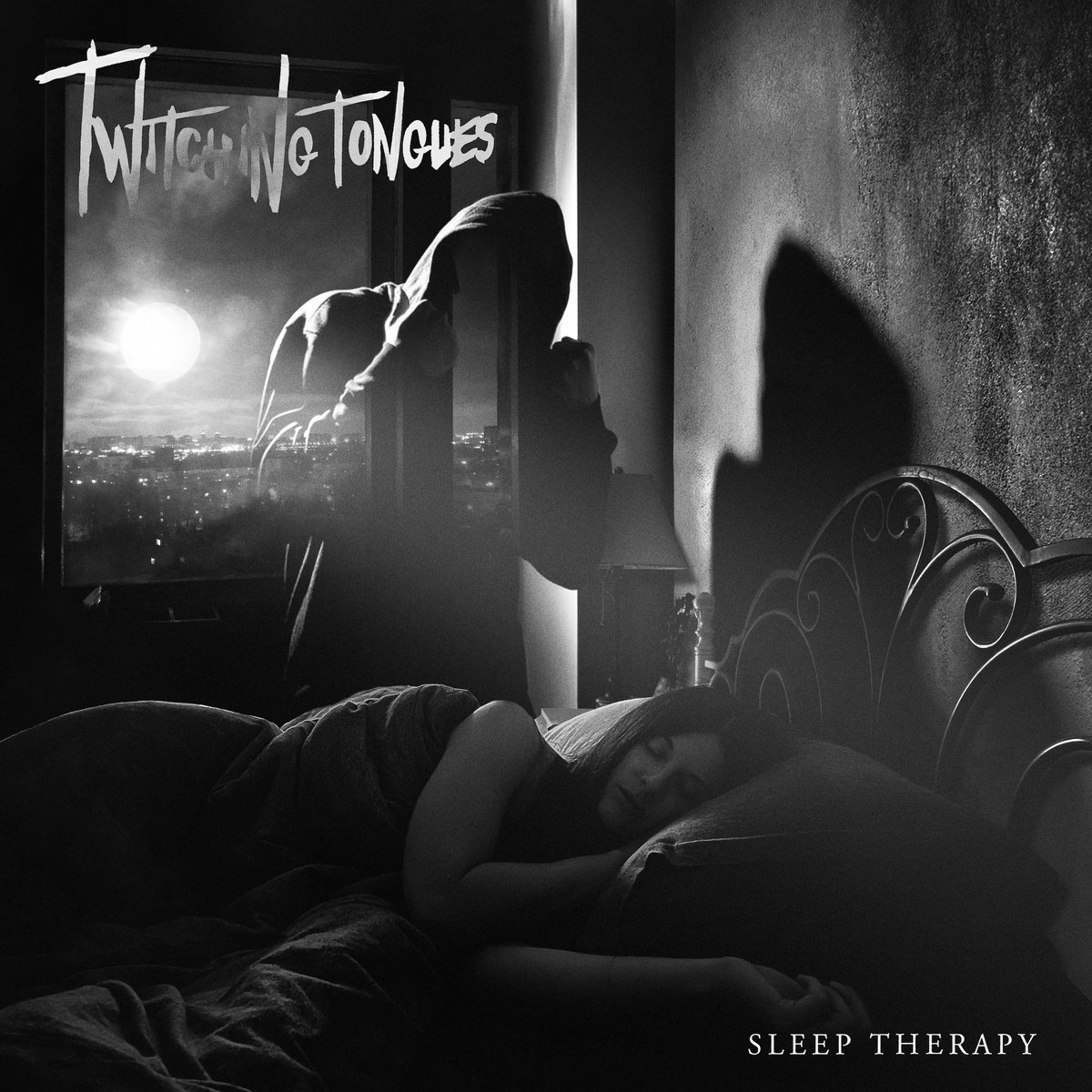Natural Insomnia Remedies - Safe and Effective Treatments
Natural Insomnia Remedies - Safe and Effective Treatments
Blog Article
Reliable Treatment Solutions for Handling Rest Disorders and Enhancing Relaxing Sleep
In the realm of healthcare, the administration of sleep disorders and the mission for peaceful rest are critical elements of overall wellness. As we browse the elaborate landscape of sleep problems and seek to improve our sleep experience, a deeper understanding of these treatment solutions might hold the key to opening a more refreshing and fulfilling restorative journey.
Cognitive Behavior Modification for Sleeping Disorders (CBT-I)
Cognitive Behavior Modification for Sleeping Disorders (CBT-I) is a structured, evidence-based treatment strategy that focuses on resolving the underlying factors contributing to sleep disturbances. This kind of therapy intends to customize actions and thoughts that intensify sleeping disorders, inevitably advertising healthy and balanced rest patterns. CBT-I generally includes a number of essential components, including cognitive therapy, sleep limitation, stimulus control, and sleep hygiene education.
Cognitive treatment aids people recognize and transform negative idea patterns and ideas concerning rest that may be hindering their ability to drop or remain asleep. Sleep constraint includes restricting the quantity of time invested in bed to match the person's real rest period, thus boosting rest effectiveness (sleep deprivation help). Stimulus control techniques help establish a solid association between the bed and sleep by motivating individuals to visit bed only when sleepy and to stay clear of engaging in boosting tasks in bed
Furthermore, sleep hygiene education focuses on establishing healthy and balanced sleep behaviors, such as keeping a constant rest schedule, producing a relaxing bedtime routine, and optimizing the rest atmosphere. By addressing these variables thoroughly, CBT-I offers a reliable non-pharmacological intervention for handling insomnia and improving total sleep high quality.
Rest Health Practices
Having established the foundation of cognitive restructuring and behavioral adjustments in resolving sleeplessness through Cognitive Behavioral Treatment for Sleep Problems (CBT-I), the emphasis now changes in the direction of exploring crucial Sleep Health Practices for maintaining optimum sleep top quality and overall health.
Rest health techniques include a variety of behaviors and ecological variables that can considerably impact one's ability to drop off to sleep and stay asleep throughout the night. Constant sleep and wake times, producing a relaxing going to bed regimen, and optimizing the sleep atmosphere by maintaining it dark, peaceful, and cool are critical components of good rest hygiene. Restricting direct exposure to screens prior to bedtime, avoiding energizers like caffeine near bedtime, and participating in normal physical task during the day can likewise advertise much better sleep top quality.
Moreover, exercising relaxation strategies such as deep breathing workouts or reflection before bed can aid soothe the mind and prepare the body for sleep. By integrating these rest hygiene techniques right into one's day-to-day routine, people can develop a healthy and balanced rest pattern that supports relaxing rest and overall health.
Leisure Techniques and Mindfulness
Carrying out relaxation strategies and mindfulness practices can play a pivotal role in cultivating a feeling of calmness and promoting quality rest. In addition, assisted images can aid deliver people to a serene area in their minds, aiding in stress and anxiety reduction and boosting sleep high quality.
Mindfulness techniques, such as meditation and yoga exercise, are additionally reliable navigate here in advertising leisure and enhancing sleep. Mindfulness urges individuals to stay present in the minute, letting go of bother with the past or future. By incorporating these methods right into a going to bed regimen, people can indicate to their bodies that it is time to prepare and unwind for sleep. On the whole, integrating leisure strategies and mindfulness techniques can substantially add to taking care of diabetes insomnia treatment rest problems and improving total rest high quality.

Medication Options for Rest Disorders
After exploring relaxation methods and mindfulness practices as non-pharmacological interventions for enhancing rest quality, it is vital to consider medication choices for people with rest problems. In cases where way of life modifications and treatment do not give enough alleviation, medicine can be an important tool in handling sleep disturbances.
Typically suggested drugs for rest disorders consist of benzodiazepines, non-benzodiazepine hypnotics, antidepressants, and melatonin receptor agonists. Benzodiazepines, such as diazepam, are sedatives that can assist cause rest, but they are generally suggested for temporary use due to the risk of dependancy. Non-benzodiazepine hypnotics like zolpidem are additionally used to deal with insomnia and have a lower threat of dependancy contrasted to benzodiazepines. Antidepressants, such as trazodone, can be valuable for people with co-occurring clinical depression and rest disruptions. Melatonin receptor agonists, like ramelteon, target the body's natural sleep-wake cycle and can be useful for controling sleep patterns.
It is important for individuals to seek advice from a medical care copyright to figure out the most suitable medication choice based on their certain sleep problem and case history.
Light Treatment for Body Clock Policy
Light therapy, also known as photo-therapy, is a official statement non-invasive treatment method used to regulate body clocks and improve sleep-wake cycles. This therapy entails exposure to bright light that resembles natural sunlight, which helps to reset the body's body clock. By revealing individuals to details wavelengths of light, generally in the early morning or evening relying on the wanted impact, light treatment can efficiently readjust the body clock to promote wakefulness during the day and boost relaxed sleep during the night.
Study has shown that light treatment can be especially valuable for individuals with circadian rhythm disorders, such as delayed rest stage disorder or jet lag. It can also be practical for those experiencing seasonal affective condition (SAD), a sort of clinical depression that commonly takes place throughout the winter months when natural light direct exposure is decreased. Light therapy is typically well-tolerated and can be used combined with various other therapy approaches for sleep conditions to maximize end results and boost general rest quality.
Conclusion
In conclusion, effective therapy remedies for handling sleep disorders and boosting relaxed rest include Cognitive Behavioral Therapy for Insomnia (CBT-I), rest hygiene methods, relaxation methods and mindfulness, drug alternatives, and light treatment for body clock regulation. These approaches can aid people enhance their sleep top quality and general wellness. It is essential to speak with a doctor to identify the most suitable strategy for resolving rest problems.
As we navigate the elaborate landscape of sleep problems and seek to improve our sleep experience, a deeper understanding of these treatment services may hold the key to opening an extra refreshing and fulfilling restorative trip.
Sleep constraint entails restricting the amount of time invested in bed to match the individual's actual rest period, consequently enhancing sleep efficiency. Regular rest and wake times, producing a relaxing bedtime regimen, and maximizing the sleep atmosphere by keeping it dark, silent, and cool are crucial parts of great sleep health. Light therapy is usually well-tolerated and can be made use of in combination with various other treatment approaches for sleep conditions to maximize outcomes and enhance overall rest high quality.

Report this page